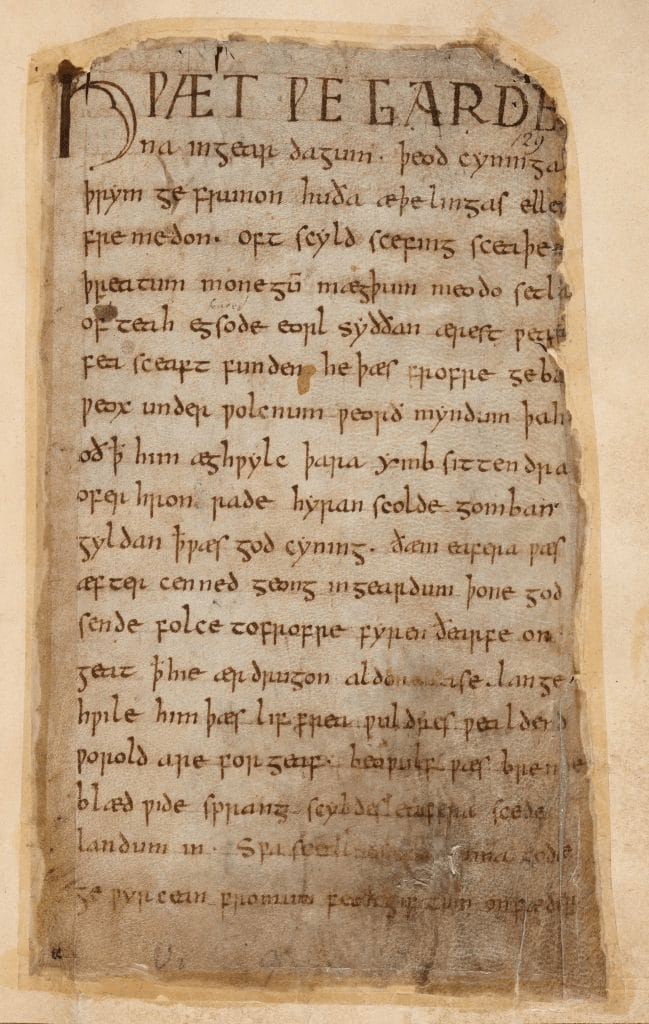
Not la-di-da
It is sometimes supposed that studying ancient literature is a pastime for la-di-da layabouts wanting to seem clever or for irremediable nerds. What nonsense. The thing about great literature (and if people have bothered to transmit certain texts for centuries, there’s a good chance there’s greatness there) is that it takes us to the heart of things, enabling us to see clearly. I am stirred by Irina Dumitrescu’s piece on Beowulf in today’s TLS. It is the clearest commentary I’ve seen on much that we’re now living through, albeit at a distance. ‘[M]anufactured nostalgia is one way to make the violence of conflict bearable’. ‘Monsters can be vanquished – the hatred fomented between neighbours abides’. ‘How easy it is to miss the grief of others’. Dumitrescu notes that translators often ease the motif of fear out of the text. Why? ‘I have no proof, but I suspect some editors needed the Danes and Geats to be heroic for their great epic. The lesson of Beowulf is not the glory of war, though, but its inevitable failure. At the poem’s end a Geatish woman sings in grief and terror. She knows what war will bring: slaughter, humiliation and captivity.’
